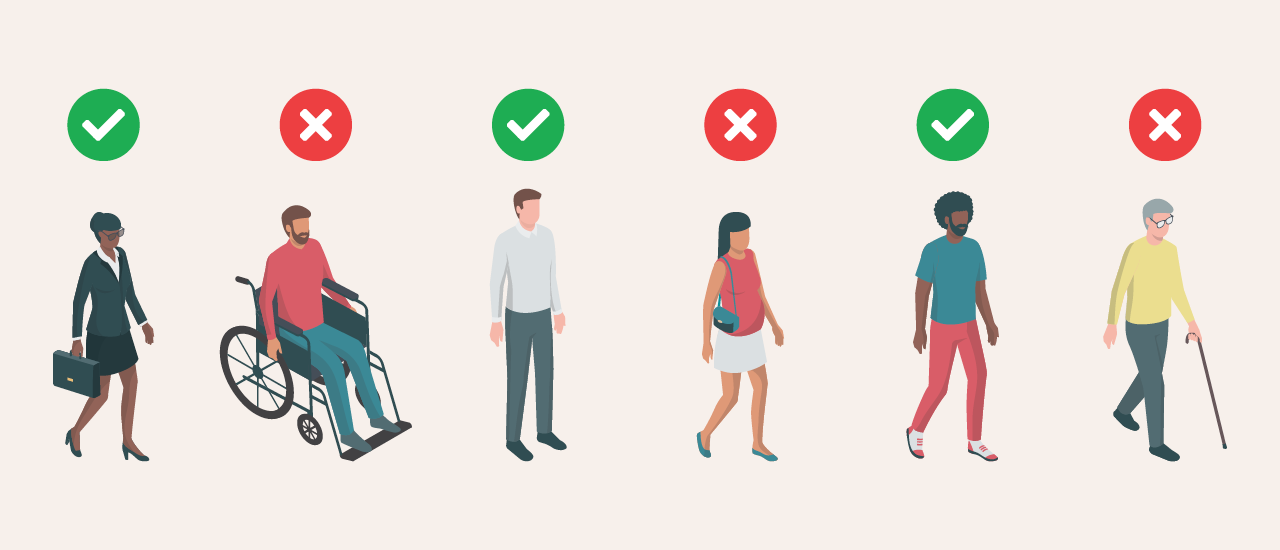When Starting Your Business, Understand EEOC Requirements

Self-employment is a dream for many entrepreneurs, but starting a small business comes with a host of challenges, including treating your employees fairly.
Seemingly simple matters such as knowing what to do if an employee requests leave to attend a doctor’s appointment or to observe a religious holiday can create problems if employers make a wrong decision.
The same is true when considering a job applicant’s criminal record—anti-discrimination laws must be observed.
The U.S. Equal Employment Opportunity Commission provides these tips for small businesses to ensure they adhere to anti-discrimination laws:
- Look at facts, not faces. Race, color, religion, sex (including pregnancy, sexual orientation, or gender identity), national origin, disability, age (40 or older) or genetic information (including family medical history) should not be a factor when you hire, fire, promote, pay, train, discipline, or make other work-related decisions.
- Provide reasonable accommodations to applicants or employees who need them for medical or religious reasons if required by law.
- Develop a strong anti-discrimination policy before discrimination becomes an issue.
- Ensure your employees understand their rights and responsibilities at work.
- Be alert to potential harassment or discrimination, addressing it immediately to prevent it.
- Ensure employees are not punished for reporting discrimination, opposing it, or participating in a discrimination investigation or lawsuit.
- Put up an EEO poster at your business.
- Maintain employment records as required by law.
- File an EEO-1 report if you have 100 or more employees. Some federal contractors with at least 50 employees must also file this report.
- Contact the EEOC for help or training.
For more information, contact CBIA’s Diane Mokriski (860.244.1900) | @HRHotline.
RELATED
EXPLORE BY CATEGORY
Stay Connected with CBIA News Digests
The latest news and information delivered directly to your inbox.


